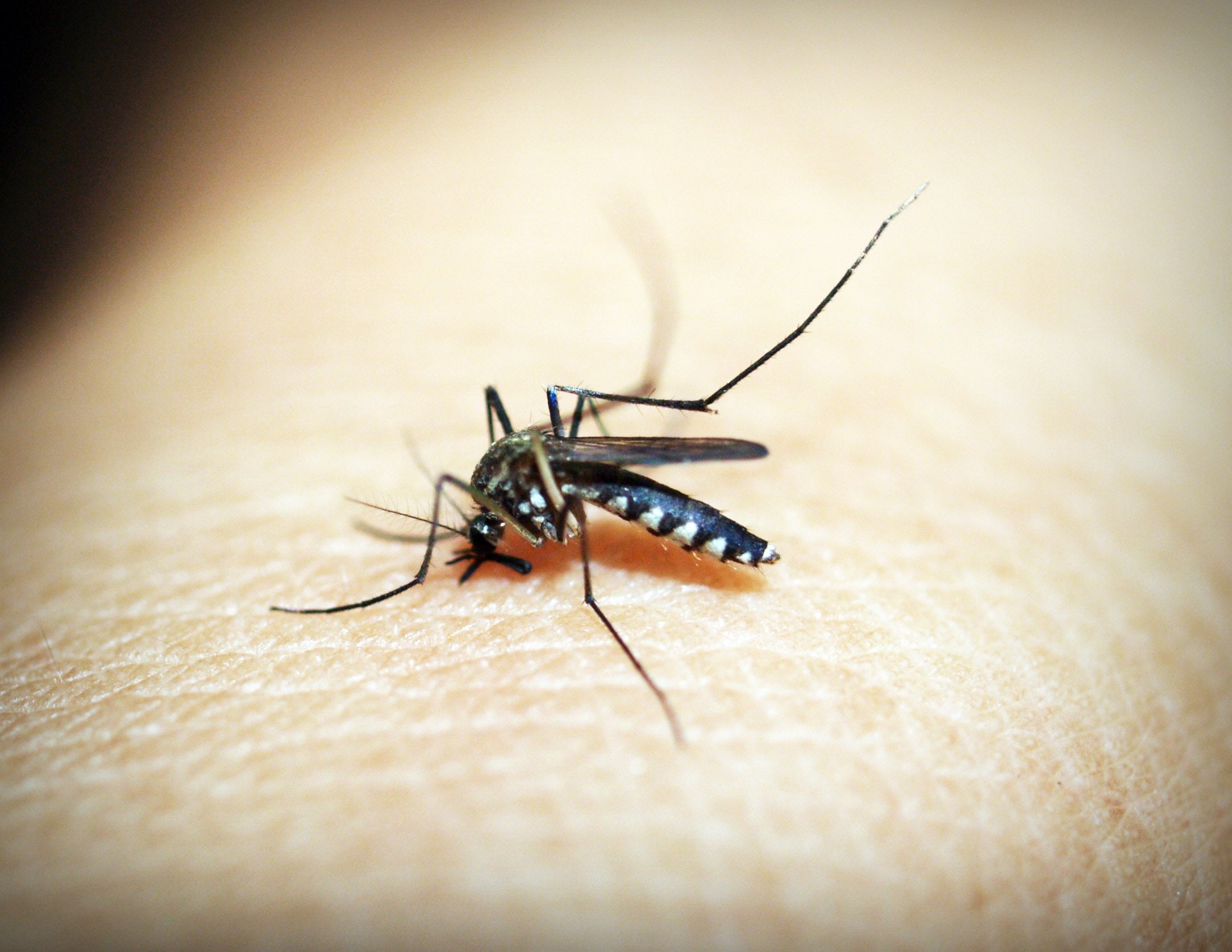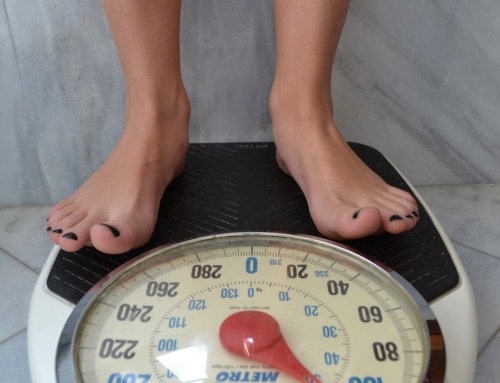Summer Travel Safety
After a recent scare with my daughter, I have learned more than I ever wanted to know about traveler’s illnesses. A seemingly simple trip to Costa Rica turned into a medical nightmare. I know of many other people that this has happened too, so thought it was worth reviewing for you.
First, don’t dismiss this because you aren’t leaving the US. Many medical issues can come from within our own borders so please be aware. As a general rule of thumb, if you get sick within 4 weeks of a trip then you could potentially have an illness related to that trip. What’s scary though is many parasites and bugs don’t manifest until months or years later which is very difficult to connect so keep this in mind. I will never forget the young lady who came in with an eye issue. It turned out to be related to a parasite that she likely picked up 10 years prior (and yes, we actually retrieved the parasite from her eye so we know without a doubt it was the culprit).
I also spoke with an owner of a lab that tests for parasites, protozoas and bacteria. He shared that his daughter went to Europe and when she returned she started having major heart issues. Long story short she went into heart failure and she possibly might need a heart transplant. My daughter ended up having a bacteria known in Europe to cause heart inflammation. Once they treated it, she regained full heart function.
I am going to jump to the safety part because for some of you even thinking about this gives you the heebie jeebies.
Safety Tips:
- If you are going out of the country, check on the CDC website (Center for Disease Control). They will list any specific vaccinations you need before going and get them in advance so they have time to do what they are intended to do!
- When traveling into tropical areas where mosquitos are an issue bring your own bug spray. I am not a big fan of DEET, however, it is one of the only super consistent insect repellants that works. Yes, there are some natural things have been shown to help but if you are in the tropics I wouldn’t take a chance.
- Make sure you are vetting your water. It amazes me how many people drink water in suspicious areas knowing full well of the risks. Don’t be that hard-headed person. Be cautious of the water used to brush your teeth as this is often a sneaky area we get exposed. Stay away from those yummy iced drinks unless you know the ice was sterilized. Be very cautious with road side stands in other countries, the jungle, forests, side of the road, etc. Fresh, uncooked fruit and veggies may also have a higher risk of bug exposure.
- Be aware of bites and stings not only on land but in the ocean. Certain fish can release some nasty toxins that create a multitude of medical issues.
- If in the woods in the US, be ultra cautious about tick prevention (especially if on the east coast). You just don’t want Lymes disease…trust me.
So, what do you do if you travel and get an illness? Go to your primary care physician and tell them where you have been. Since you already researched the areas, give them the common bugs found in that area.
This is key.
Physicians here are not as well versed with illness across the globe and may not know which tests to order so plant that seed and help them out! I just had this experience with my daughter when she went in with her issues and the PA at the clinic totally missed the connection even though she told him she had just returned from Costa Rica. If you started feeling bad after a trip and just kept getting worse then bring up that possible connection even if it is beyond the 4 week incubation period of most parasites. It can still be an issue.
Keep traveling and just be smart.









